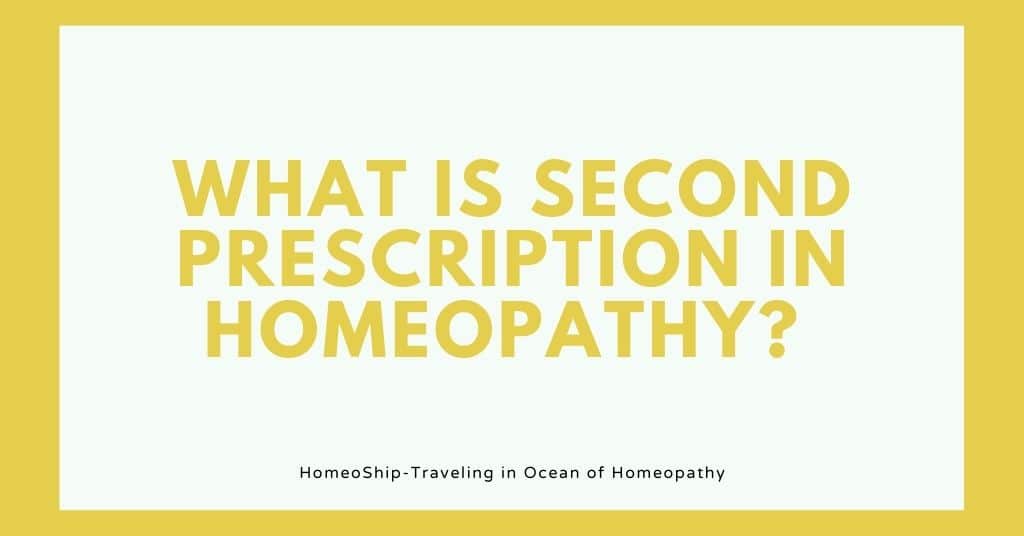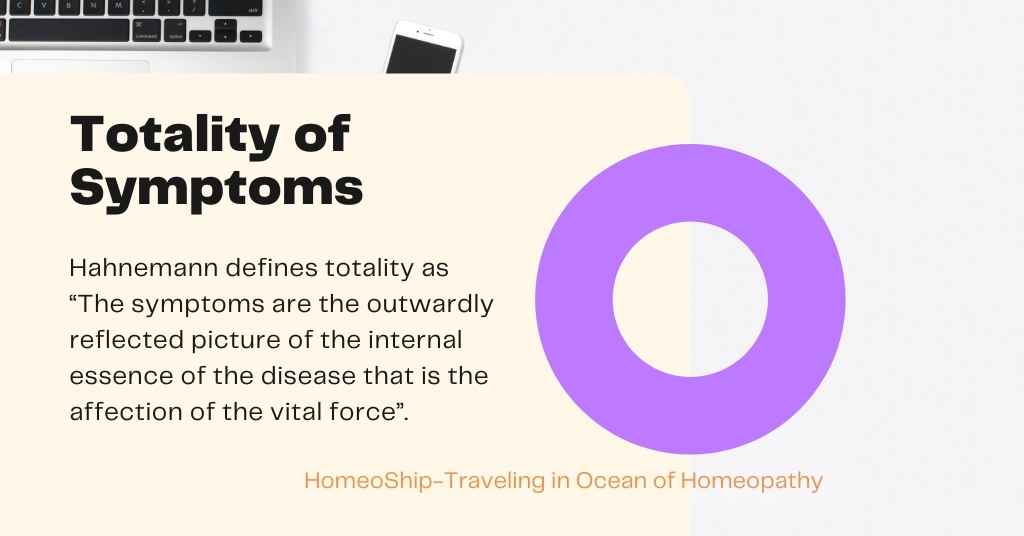The word “surrogates” means “substitution”, “equivalent”, “alternative” or “to put it in the place of other”.
Two medicinal substances cannot be the same in their action. Each individual medicine exhibits its peculiar action upon the human being in its own way. Hence, Hahnemann says “there can be, in a medical point of view, no equivalent remedies whatever, no surrogates”. Only those physicians who are not aware of the individual medical action will substitute one medicine in the place of another in treating the diseases.
Every species of plant is different in its external form, mode of living, growth requirements, taste, and smell from other species. Even every mineral substance is different from its counterpart in its form and action. This difference is not limited to its external physical and chemical form but also in its pathogenetic effect. This fact is proven by Hahnemann by the process of individual drug proving methodologies.
Surrogating In Homeopathy
There can be no question about surrogating in homeopathy. When one remedy is indicated to a patient by symptom similarity and selected based on fundamental principles of homeopathy, this medicine alone can bring about the cure. Any substitute in place of the indicated medicine cannot bring the cure. “There are no succedanea(surrogates)” in homeopathic materia medical. There are no substitutes for conscientious prescribers.
“Symptomatic comparison between similar drugs is instituted and carried on until one stands clearly out as the indicated remedy”, says Stuart Close. No two medicines can produce exactly the same effects, this truth has been verified by several careful and pure experiments in homeopathy. Only one suitable indicated medicine can bring about the cure. Hence, there are no surrogates or substitutive medicines in homeopathy.
Read More


